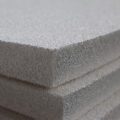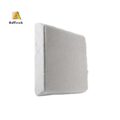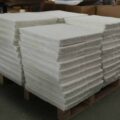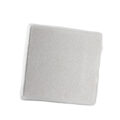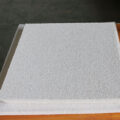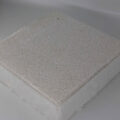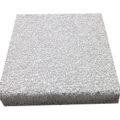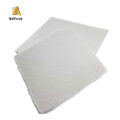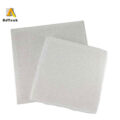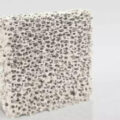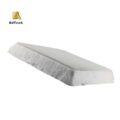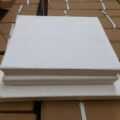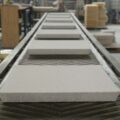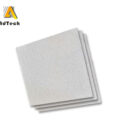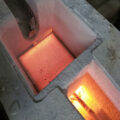Porous ceramics are a kind of microporous filter media. In the general sense, porous ceramics are ceramic filter materials made of refractory raw materials as aggregates and combined with binders that have been sintered at high temperatures. The structure has a large number of penetrations. The fine pores with controllable pore size. Compared with other filter materials, the porous ceramic filter material has a high porosity of up to 60%, uniform pore size, and easy control. High mechanical strength, working pressure up to 16MPa, pressure difference up to 1MPa. High-temperature resistance, with good resistance to rapid heat and cooling, working temperature up to 1000 ℃; high filtration accuracy, up to 0.1um, suitable for precision filtration of various media. The porous ceramic filter itself is in a good clean state, is non-toxic, odorless, and has no foreign matter falling off, and is suitable for aseptic processing operations. Good acid and alkali resistance, suitable for filtering strong acids, strong alkalis, and various organic solvents. The filter element has a long service life, long-term use, the micropore morphology does not change, and it is easy to clean and regenerate.
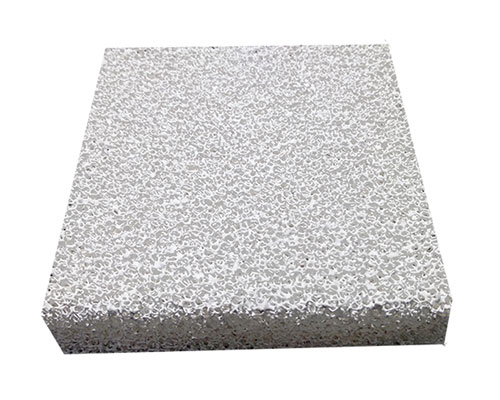
Porous ceramic material has the advantages of low density, high precision, high permeability, corrosion resistance, high temperature resistance, good thermal shock resistance, pressure reduction, and long service life. It is an excellent filter material and has the advantages of high temperature dry dust removal. Better application.
Porous ceramics can be divided into the following types according to the aggregate used. The ability of porous ceramics to withstand tension and pressure. Strength is mainly related to aggregate material, aggregate particle size, binder material, addition amount and firing temperature. It is generally believed that according to the material, the strength of porous ceramics decreases in the following order: silicon carbide>corundum>alumina>mullite>ceramic particles>quartz>diatomite.
There are many types of porous ceramic filters. The currently developed ones are aluminum oxide, aluminum oxide, silicon oxide, titanium oxide, aluminum silicate, silicon carbide, zeolite, etc., depending on the preparation process, suitable for different application areas.

